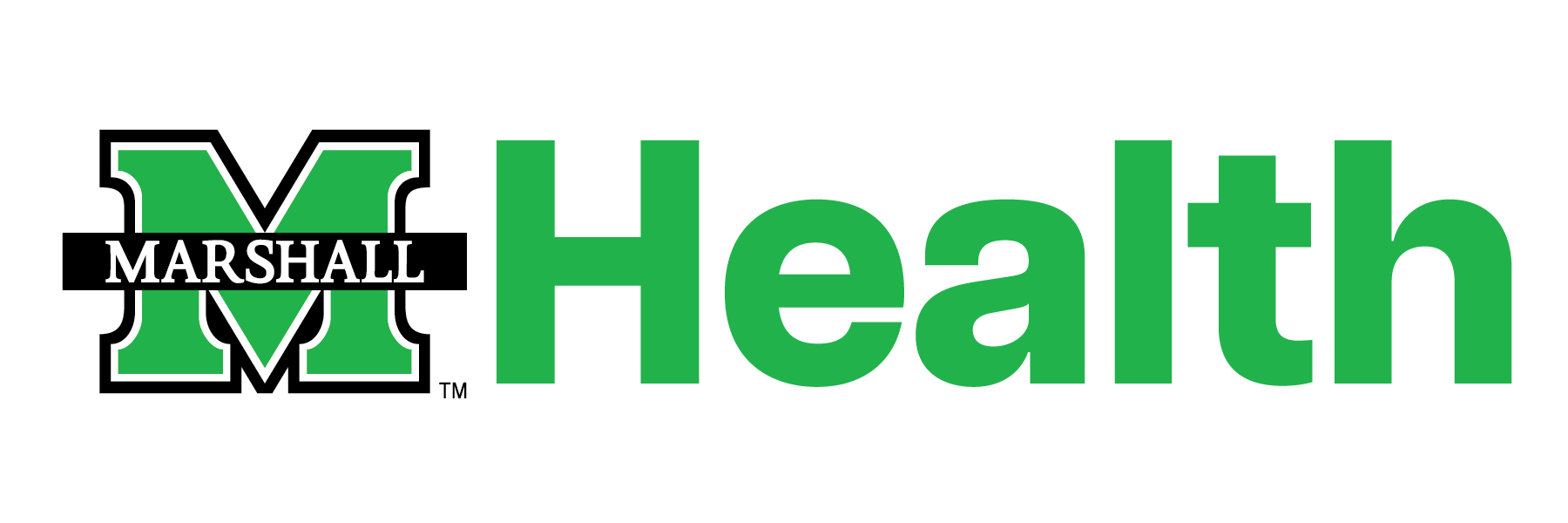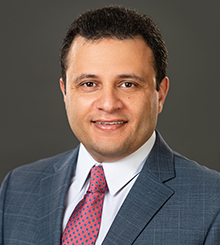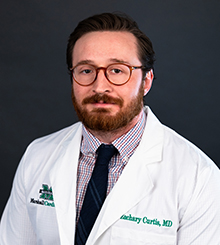MitraClip Therapy
A Minimally Invasive Approach to Mitral Regurgitation
Mitral valve surgery represents the standard-of-care treatment for primary degenerative mitral regurgitation. However, only a small fraction of high-risk patients qualify for surgery due to their overall health status. Guidelines recommend MitraClip over open surgery for cases of secondary mitral regurgitation, offering a preferred alternative in such instances.
MitraClip™ by Abbott repairs leaky mitral valves without open-heart surgery and is delivered to the heart using a flexible, hollow tube known as a catheter through a small incision in the leg. The treatment works by clipping together a portion of the leaflets of the mitral valve in order to reduce the backflow of blood, which allows the heart to pump blood more efficiently. MitraClip therapy is a nonsurgical, minimally invasive treatment for mitral regurgitation that is approved in 75 countries across the world.
Why Choose MitraClip Therapy?
Patients undergoing MitraClip treatment, also known as transcatheter edge-to-edge repair (TEER), typically experience:
- Symptom relief
- Improved quality of life
- Short recovery times
- Short hospital stays (an average of two days)

MitraClip size comparison. Photo courtesy of Abbott.
Am I a Candidate?
MitraClip therapy is a minimally invasive alternative for patients who:
- May not be eligible for open heart surgery in cases of primary degenerative mitral regurgitation due to advanced age, comorbidities or overall health.
- Have secondary (functional) mitral regurgitation. MitraClip is the preferred strategy for these patients over open surgery per guidelines.
Typically these types of patients would be limited to managing symptoms with medications.
To find out if you are a candidate, ask your doctor for a referral or call Marshall Cardiology at 304.691.8500.
Recovery After MitraClip
Recovery following a MitraClip procedure is typically faster and less intensive compared to traditional open-heart surgery. While individual experiences may vary, patients can generally expect a brief hospital stay of one to two nights for close monitoring.
Follow-up appointments are scheduled to monitor progress and address any concerns. In the first few weeks post-procedure, patients are encouraged to gradually increase activity levels while prioritizing rest to allow for optimal healing.
Over the long term, recovery continues with a focus on cardiac rehabilitation and lifestyle adjustments.
- Cardiac rehabilitation programs may be recommended to improve cardiovascular health and strength. Regular follow-up appointments with healthcare providers are essential for ongoing monitoring of heart function and overall health.
- Lifestyle changes, including adopting a heart-healthy diet and engaging in regular exercise, are emphasized to support recovery and long-term well-being.
Throughout the recovery process, patients should contact their health care provider if they experience
- Persistent chest pain
- Shortness of breath
- Irregular heartbeat
- Signs of infection at the incision site
- Any other concerning symptoms
Every patient's recovery journey is unique, and individualized care and support are provided by your care team at Marshall Cardiology to ensure the best possible outcome.
Salem Badr, MD, FACC
Clinical Interests:
Locations:
- Marshall Cardiology - Huntington 304.691.8500
- Marshall Cardiology - Teays Valley 304.733.7865
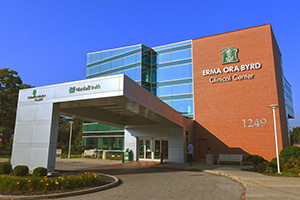
Marshall Cardiology - Huntington
A provider-based department of Cabell Huntington Hospital
Erma Ora Byrd Clinical Center
1249 15th Street
Fourth Floor
Huntington, WV 25701
Phone: 304.691.8500
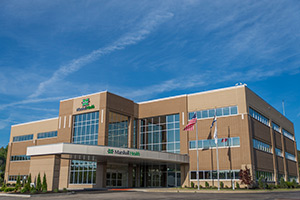
Marshall Cardiology - Teays Valley
An outpatient department of Cabell Huntington Hospital
Marshall Health - Teays Valley
300 Corporate Center Drive
2nd Floor
Scott Depot, WV 25560
Phone: 304.733.7865
For U.S. Important Safety Information on MitraClip, visit: https://mitraclip.com/fileadmin/isi/AP2948066-US-MitraClip-G4_CDS_ISI_VP.pdf.
FOR APPOINTMENTS & REFERRALS
Call Marshall Cardiology at 304.691.8500 for more information or to schedule an appointment.
